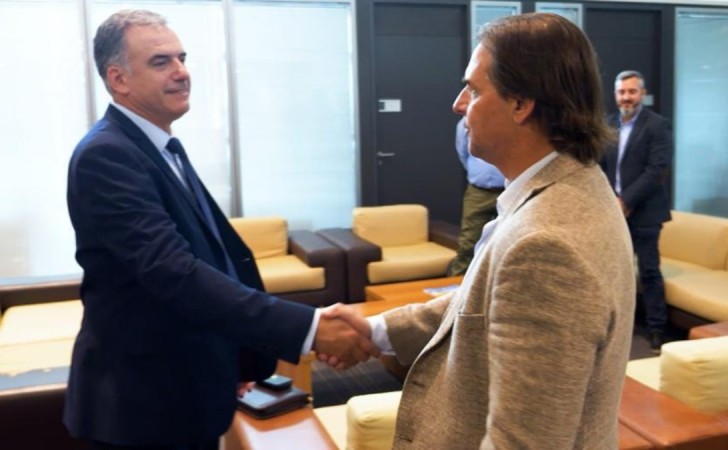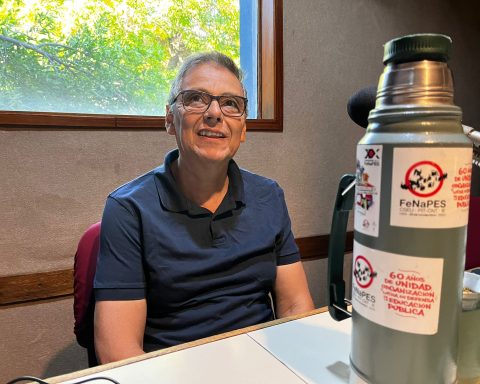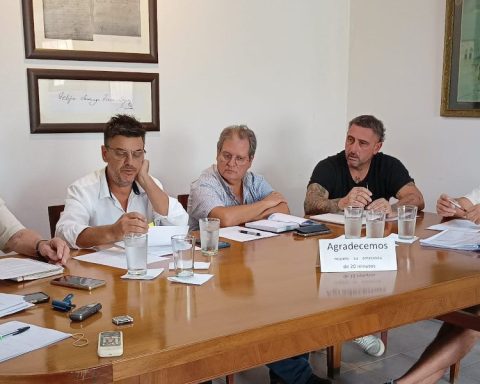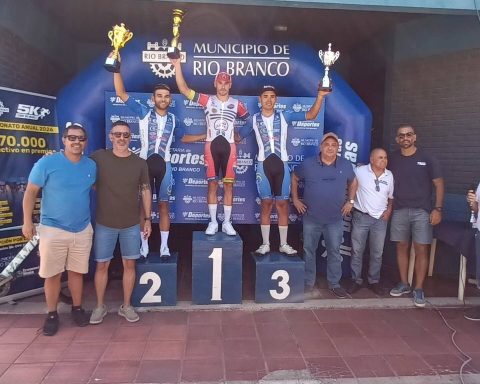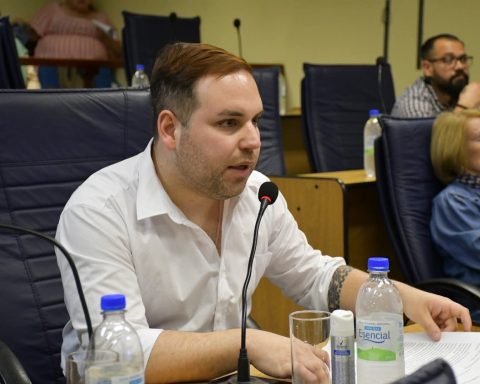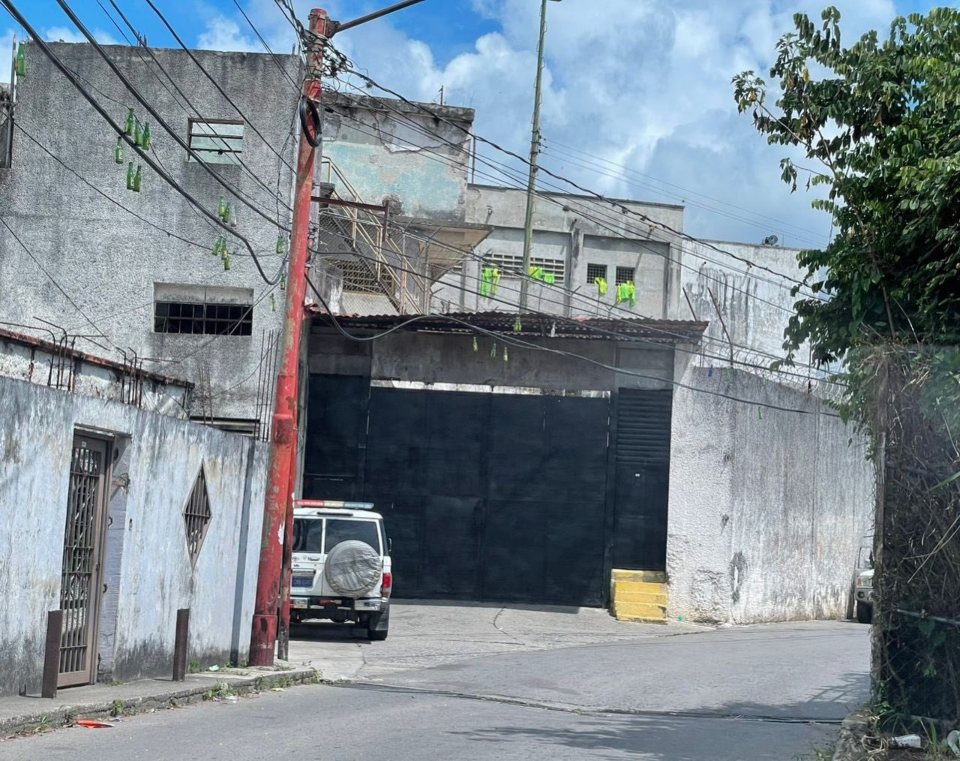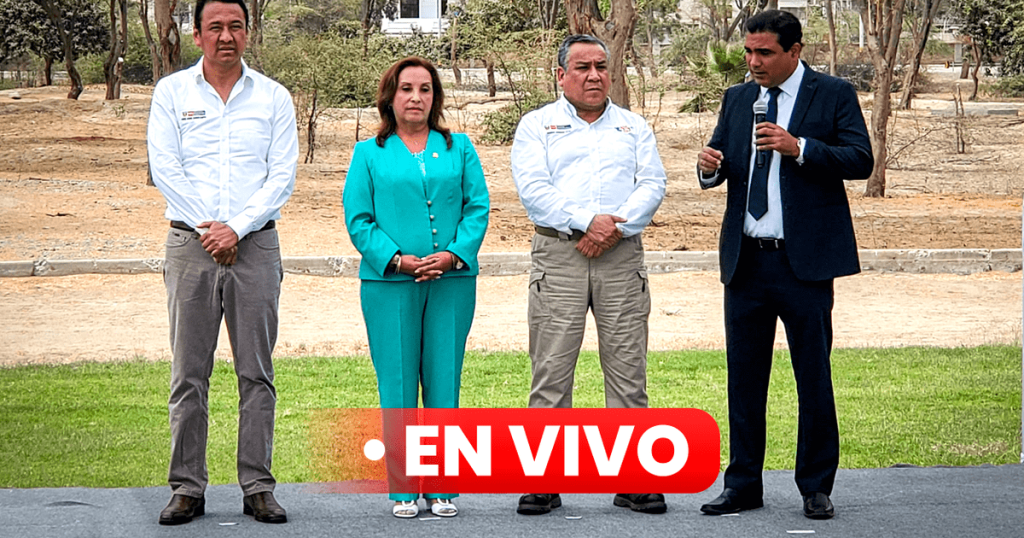
The elected president, Yamandú Orsi, faces an important dilemma: what to do with the Neptuno project, related to access to alternative water sources. Orsi has expressed his expectation of receiving technical reports on Arazatí before having a more in-depth conversation with the current president, Luis Lacalle Pou.
In his statements, Orsi stressed the need to make informed decisions to avoid investments in initiatives that could fail. “Doing something that later does not work or works poorly is not convenient, nor is it appropriate to continue waiting 20 more years,” he said.
The president-elect noted that he has found “conflicting reports” about the project and that it is essential to have an adequate technical evaluation. Recognizing the shared need for an alternative to the Saint Lucia system – a situation that has arisen since the 1970s – Orsi insisted that decisions must be supported by reliable data to ensure correct allocation of resources.
Lacalle leaves Arazatí’s ball on Orsi’s court
For his part, Lacalle Pou, who will govern until February 28, made it clear that he has no intention of putting a “handbrake” on the project. In a recent conference, he expressed his commitment to continue working until the end of his mandate and not to distance himself from responsibility on the issue, recalling that the Arazatí project has been under discussion for years and that the drought has highlighted the urgency of creating solutions.
While prior environmental authorization for the project has been granted and construction of the water treatment plant could begin if the contract is signed with the selected private consortium, Lacalle Pou stressed that he does not want his government to leave a problem for the next administration, but rather a viable solution.
Both presidents, the outgoing and incoming ones, although with different perspectives, are aligned on the importance of addressing the water supply crisis facing Montevideo and its metropolitan area. Orsi has indicated that the dialogue on Arazatí will take place during the transition, suggesting that there will soon be direct communication with Lacalle Pou to address the situation effectively.
